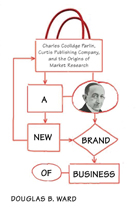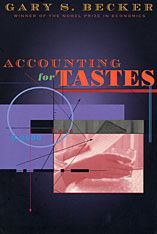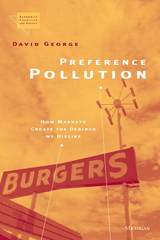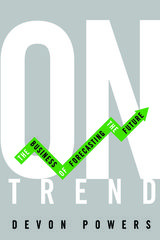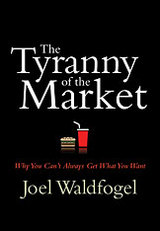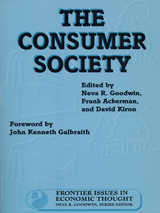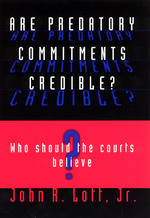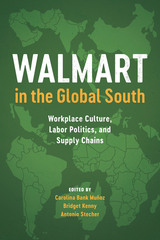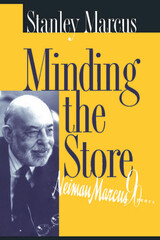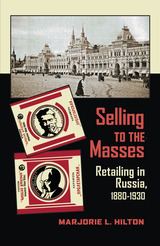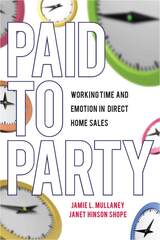Are Predatory Commitments Credible?: Who Should the Courts Believe?
University of Chicago Press, 1999
Cloth: 978-0-226-49355-8
Library of Congress Classification HF5417.L67 1999
Dewey Decimal Classification 338.522
Cloth: 978-0-226-49355-8
Library of Congress Classification HF5417.L67 1999
Dewey Decimal Classification 338.522
ABOUT THIS BOOK | TOC
ABOUT THIS BOOK
Predatory pricing has long been a contentious issue among lawmakers and economists. Legal actions are continually brought against companies. But the question remains: how likely are firms to cut prices in order to drive rivals out of business? Predatory firms risk having to keep prices below cost for such an extended period that it would become cost-prohibitive. Recently, economists have turned to game theory to examine circumstances under which predatory tactics could be profitable.
John R. Lott, Jr. provides long-awaited empirical analysis in this book. By examining firms accused of or convicted of predation over a thirty-year period of time, he shows that these firms are not organized as the game-theoretic or other models of predation would predict. In contrast, what evidence exists for predation suggests that government enterprises are more of a threat.
Lott presents crucial new data and analysis, attacking an issue of major legal and economic importance. This impressive work will be of great interest to economists, legal scholars, and antitrust policy makers.
John R. Lott, Jr. provides long-awaited empirical analysis in this book. By examining firms accused of or convicted of predation over a thirty-year period of time, he shows that these firms are not organized as the game-theoretic or other models of predation would predict. In contrast, what evidence exists for predation suggests that government enterprises are more of a threat.
Lott presents crucial new data and analysis, attacking an issue of major legal and economic importance. This impressive work will be of great interest to economists, legal scholars, and antitrust policy makers.
See other books on: Antitrust | Antitrust law | Business & Financial | Business Law | Lott, John R.
See other titles from University of Chicago Press

